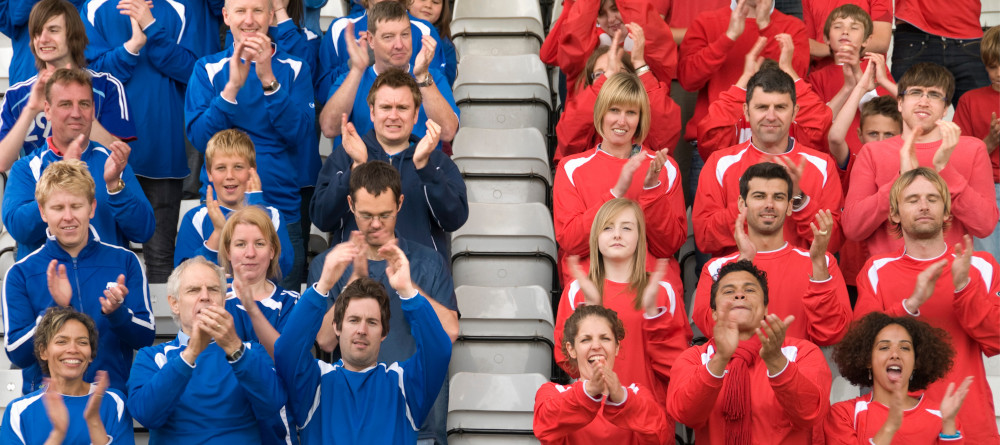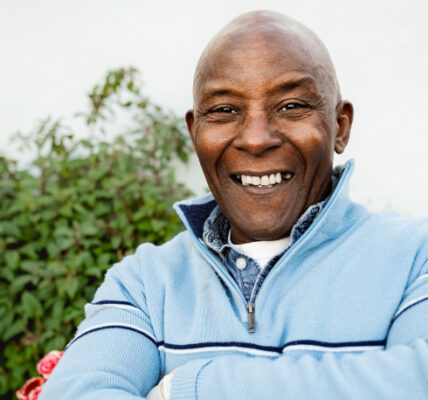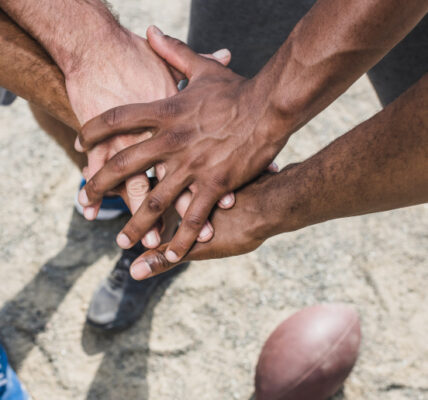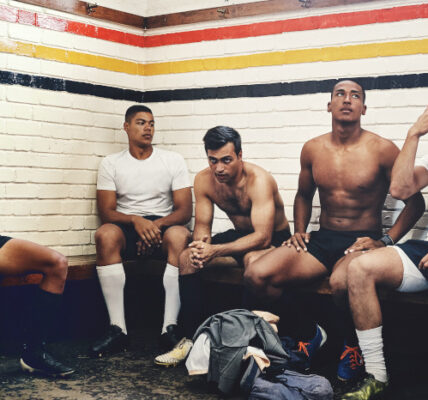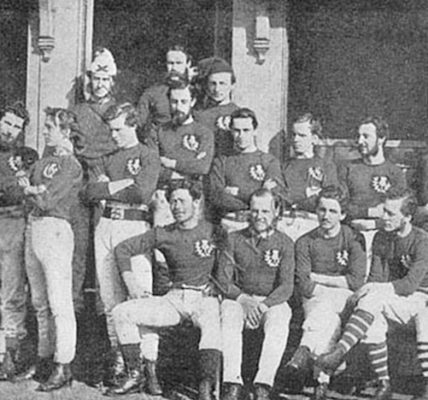There’s a section at Kings Park Stadium that doesn’t feature in the matchday brochure. No plush seats. No sponsored lounges. No polite applause. Just chipped concrete, weathered banners, and a chaos so loyal it borders on sacred. The Lower South Stand, or simply “The South” if you’re in the know, is less of a viewing section and more of a living organism. It roars. It groans. It knows exactly when to rise, and it never, ever sits.
This is where rugby becomes religion. Not the refined cathedral kind, but the street-corner preacher kind, loud, passionate, sometimes offensive, and always absolutely sure of itself.
It begins long before the whistle. By 10am, the regulars are already lined up outside the gate with cooler boxes that should’ve been banned years ago. Guys like Nathi “No Filter” Zulu, who’s never watched a single minute of a match in silence, and Aunty Mags, who brings vetkoek for the whole row but only shares if the Sharks are winning. They don’t check the team sheet online. They know the vibe, not the stats.
Ask any of them why they sit here and you’ll be corrected. “We don’t sit. That’s the whole point.” Standing is a badge of honour. Knees buckle, backs ache, voices crack, but still, they stand. Every play is watched on tiptoe, every try greeted like a birth, every bad ref call met with language that could melt steel. And when a player gets injured, they don’t gasp, they groan like a body part of their own just gave out.
The South doesn’t just watch rugby. It participates. It heckles, chants, predicts plays before they happen, and sometimes throws in unsolicited coaching. There’s a rhythm here that the rest of the stadium lacks, an emotional tempo dictated not by the scoreboard but by the soul of the game. When the Boks are down by 10, the West Stand is quiet. But the South is planning the comeback like they’ve already seen it in a dream. Flags wave. Shirts come off. Beers are raised not in celebration but in ceremony.
 It’s not all noise, though. There’s memory here too. The South Stand remembers things the scoreboard forgets. The ankle tap tackle that saved a try in ’03. The drop goal that bounced over off the crossbar. The time Beast Mtawarira winked at a kid during warm-up and turned him into a lifelong fan. Names are shouted like family. Habib. Ndungane. Lambie. Montgomery. Some of these players moved on. Retired. Left the country. But in the South, they’re still wearing black and white.
It’s not all noise, though. There’s memory here too. The South Stand remembers things the scoreboard forgets. The ankle tap tackle that saved a try in ’03. The drop goal that bounced over off the crossbar. The time Beast Mtawarira winked at a kid during warm-up and turned him into a lifelong fan. Names are shouted like family. Habib. Ndungane. Lambie. Montgomery. Some of these players moved on. Retired. Left the country. But in the South, they’re still wearing black and white.
And when someone dies, someone from their own, the news spreads like wildfire through the row. A moment of silence isn’t asked for. It happens naturally. Beers are poured a little slower. A seat remains empty for a while, then slowly fills again, not replaced, but honoured. It’s not a stand. It’s a legacy in motion.
People have met here, fallen in love here, broken up here, and come back years later with kids wearing too-big jerseys. Sons stand next to fathers who once stood next to their fathers. There’s no reserved seating. But try telling that to Bheki, who’s stood in the same exact spot for 22 years. He’ll nod politely, then stand an inch closer until you leave. That’s how territory works down here.
The music is old school. Someone always brings a speaker playing Brenda Fassie or TKZee. And when the match ends, they don’t leave. They stay. They debrief. They argue. They laugh. The result matters, sure, but the ritual matters more. You’ll hear accents from Chatsworth, Umlazi, Hillcrest, Phoenix. English mingles with Zulu, Afrikaans, slang that changes every season, and unspoken language made of gestures, grimaces, and eyebrow raises that say more than any words could.
Sometimes fights break out. Sometimes hugs happen between strangers. But by the time the sun dips behind the stadium roof and the cleaning crew starts sweeping up polystyrene cups, there’s only one thing left standing, them. The Stand That Never Sits.
You could build a new stadium tomorrow with better views, better seats, better security, and they’d still ask, “Where’s the South?” Because it’s not the concrete that matters. It’s the people. The pain. The passion. The stories that can’t be televised.
So next time you’re at Kings Park and you hear a roar that sounds like thunder even when the ball’s at the other end of the field, you’ll know. That’s them. Singing the national anthem off-key. Insulting the ref with creativity. Carrying history on their backs like worn-out jerseys.
And standing.
Always standing.
